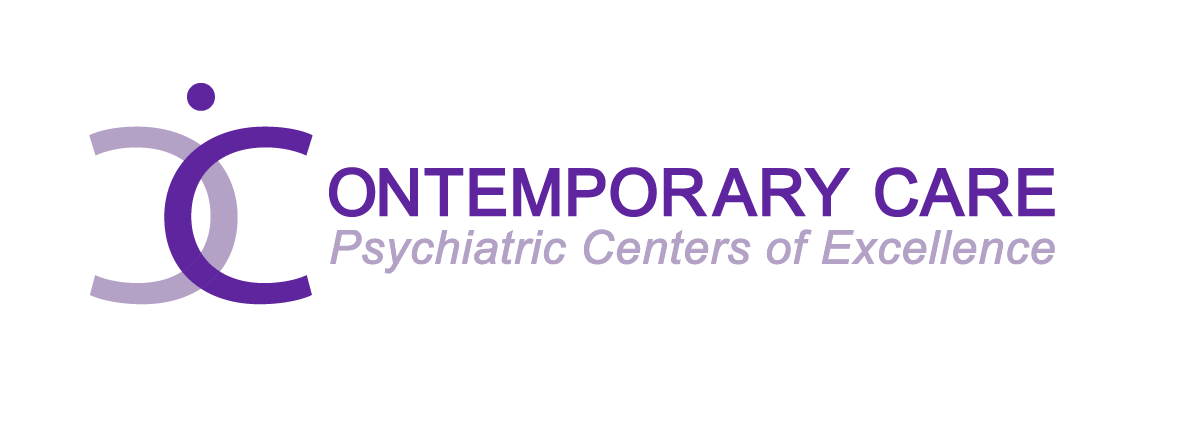Post-traumatic stress disorder Treatment in Connecticut - PTSD
What is PTSD?
Post-traumatic stress disorder happens when a traumatic event such as sexual assault, traffic collisions or warfare leads to recurrent symptoms triggered by thoughts, feelings, dreams or events related to the initial incident. While it’s natural to feel fearful after traumatic occurrences severe and long-lasting symptoms may indicate PTSD
What are the symptoms?
PTSD symptoms usually appear within a few months of a traumatic event, but they may also start years later. Regardless of when they appear they’re severe and last longer than 1 month. Potential symptoms include:
- Flashbacks in which you relive a trauma repeatedly
- Nightmares
- Avoiding reminders of the event
- Feeling on-edge
- Angry outbursts
- Sleep difficulties
You may also have trouble remembering major parts of the traumatic situation, lose interest in formerly enjoyable activities and have negative thoughts about yourself or the world. Because PTSD raises your risk for eating disorders, you may also develop disordered eating symptoms such as fear and anxiety around food and eating, binge eating behaviors or obsession over weight control.
How is PTSD treated?
Primary treatment for PTSD includes psychotherapy, medications or a combination of both. Psychotherapy one-on-one or within a group typically lasts 6 – 12 weeks, but it may go on longer. Therapy may involve learning about trauma, relaxation techniques and anger management as well as lifestyle adjustments, which may include the use of new ways to eat, sleep, and exercise to improve your symptoms. Working with an experienced mental health care provider can help ensure effective care. Support from loved ones can also play an important role in recovery.
What steps can I take on my own?
While guidance and support from a professional is important for managing PTSD you can enhance treatment by:
- Setting reasonable goals
- Breaking up large tasks into smaller more manageable ones
- Spending time with supportive people
- Talking to trusted loved ones about your symptoms
Practice patience with yourself knowing that improvements take time and are worth every effort.
